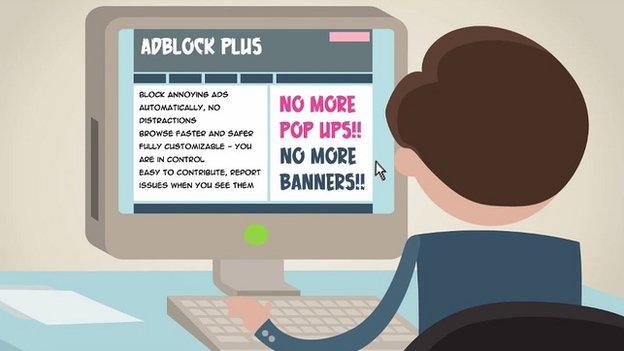Adblock Plus to appoint whitelist watchdog
- Published
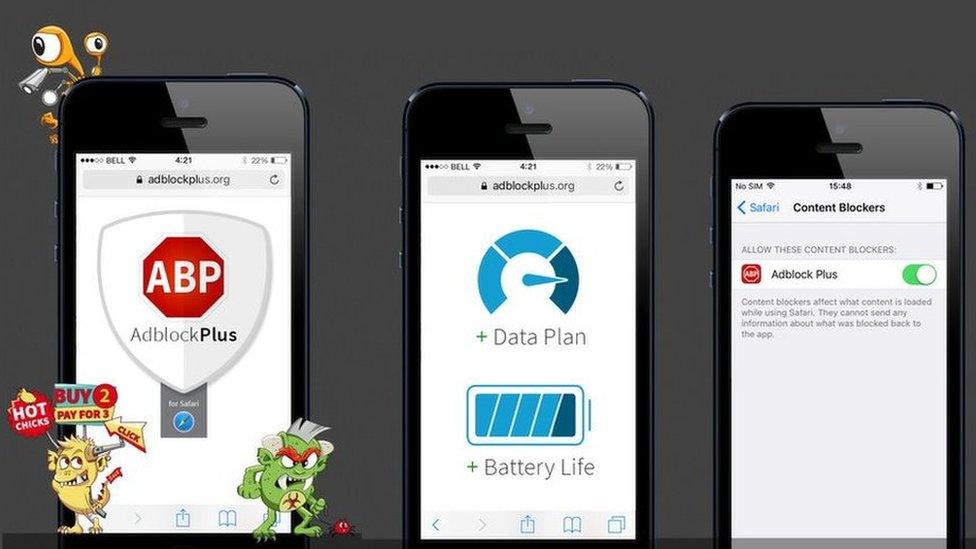
AdBlock Plus is being released onto iPhones after previously proving popular on PCs
The company behind the internet's most popular advert-blocking plug-in has pledged to open up its controversial "whitelist" to outside scrutiny.
Eyeo - the maker of AdBlock Plus - plans to set up an "independent board" that will inspect which ads it allows to circumvent its technology.
The move coincides with its launch of an extension for iPhones.
It also comes the day after Eyeo successfully defended itself against Germany's biggest publisher.
One expert said that it was too early to know how much of a difference the latest move would make, but added that many leading website operators were unlikely to be swayed by it.
"They're commercial enterprises and they want to make as much money as they can," said Ian Maude from the research firm Enders Analysis.
"But I do sympathise with the ad-blockers and internet users to the extent that you are now seeing vast volumes of data being gathered about people's behaviour without their express permission via trackers used by advertisers, and that's not a desirable outcome."

What is an ad-blocker?
In a nutshell, the term covers a variety of technologies used to prevent adverts appearing on internet-connected devices.
They are already widely used on PCs, where the most common technique is to install a browser plug-in, but until recently were relatively rare on smartphones and tablets.
Once installed, web pages should be decluttered of distracting content.
Pages should also load more quickly, mobile data allowances should come under less strain and mobile device batteries can also last longer between charges.
However, one consequence is that websites can see a drop in revenues, causing them to start charging for content or paying for technologies that frustrate the ad-blockers' efforts.

Whitelisted ads
Eyeo has faced criticism because of its business model: it provides its plug-ins to the public free, but charges publishers and websites a fee for "support services" to help them ensure certain ads get through.
To qualify, the ads cannot be "annoying" or "intrusive". For example, pop-ups and ads that automatically start playing sounds cannot qualify for AdBlock Plus's whitelist.
Google, Amazon and Microsoft are among those reported to have paid the Cologne-based firm, external.
However, several German publishers resisted and attempted to sue the firm, claiming it was "a constitutional right of the press to advertise".
On Tuesday, Axel Springer became the latest company to have its case rejected by the courts.
It was the fifth legal action of its kind. Eyeo's latest move may help it head off further legal battles.
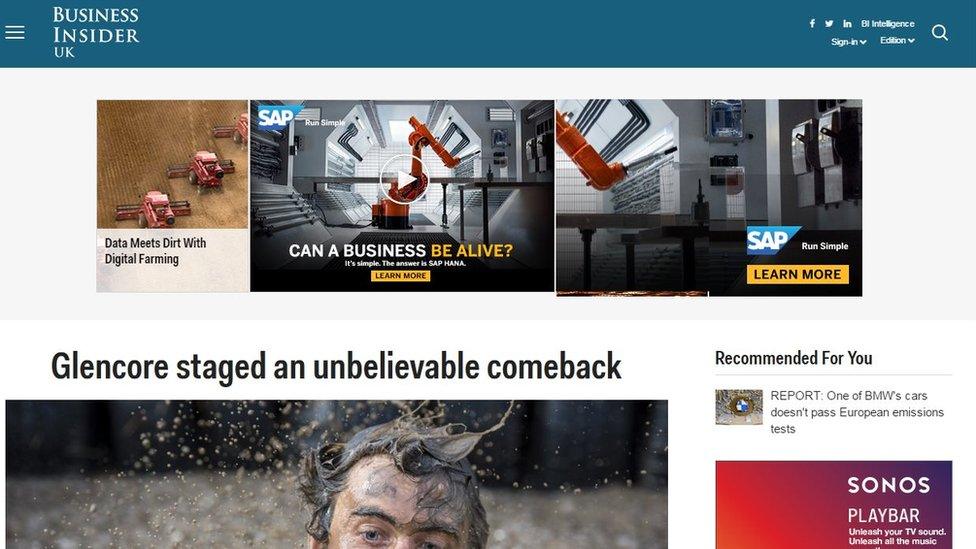
Axel Springer agreed to buy Business Insider this week - a free news site that depends on ads to make money
'Acceptable ads'
Eyeo says it hopes to have the new review board in place by the end of next year, and eventually plans to give it full control over the whitelist's rules.
"Users determined the original criteria and can object in our forum to whitelisting proposals - but since we were the only ad-blocker to offer such a compromise, we have taken on a large role in the day-to-day maintenance of the criteria," said AdBlock Plus's co-founder Till Faida in a statement.
"We have been looking for a way to make the Acceptable Ads programme completely independent while also updating the criteria to evolve with changing forms of online advertising.
"An independent board solves both issues."
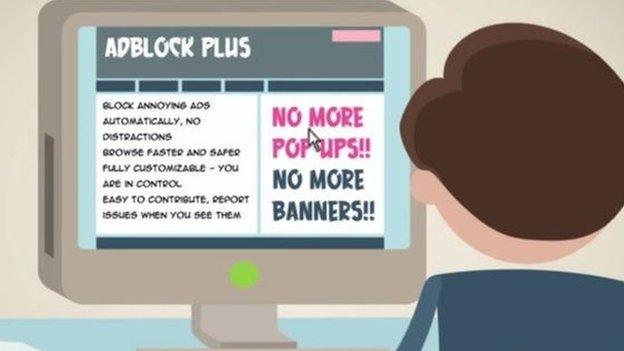
AdBlock Plus says the majority of companies on its whitelist have not paid it money
In addition, she highlighted that only a minority of the 700 publishers and websites currently on AdBlock Plus' whitelist had paid it money. She put the figure at about 10%.
Mr Maude noted that did not necessarily mean the two things were unrelated.
"Every company that pays Eyeo is on the whitelist, so there clearly is a connection between paying and being whitelisted," he said.
Blocking the blockers
The launch of Eyeo's extension for the Safari web browsers on iPhones and iPads follows Apple's decision to allow such plug-ins to work in iOS 9.
The mobile operating system was released earlier this month, and several other smaller start-ups have already launched ad-blocking plug-ins of their own.
One of the most popular services, Peace, was pulled shortly after its release, when its developer said he did not feel good, external about being "the arbiter of what's blocked".
A leading alternative, Crystal, instead shares use of Eyeo's whitelist, external. Like Adblock Plus, it also allows customers to opt out of the list and block ads altogether.
Some organisations have taken steps to discourage the use of the technology.
The news site Cnet has prevented some of its content from being viewable when it detected ads were being blocked.
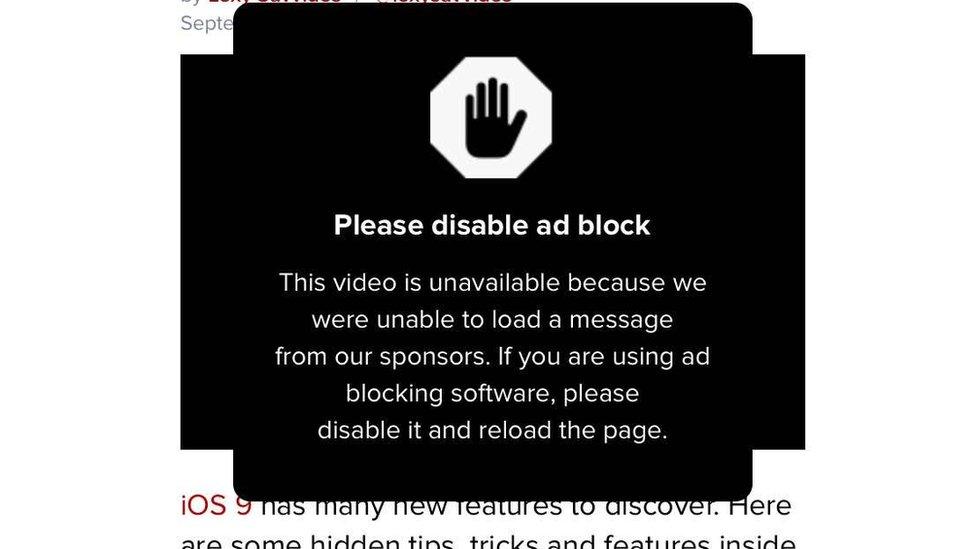
And the Interactive Advertising Bureau has announced plans to offer smaller publishers, external a script that lets them detect consumers using ad-blocking tech as well.
The IAB added that it was also exploring legal action of its own.
- Published8 September 2015
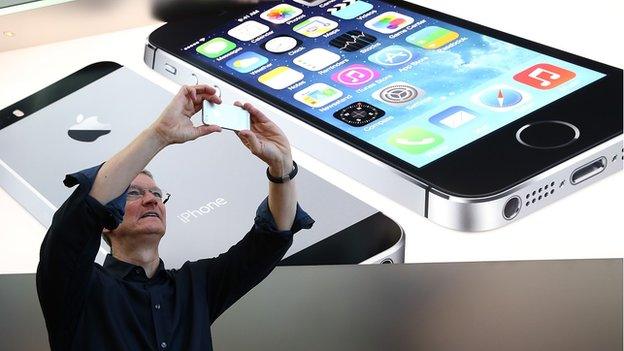
- Published27 May 2015
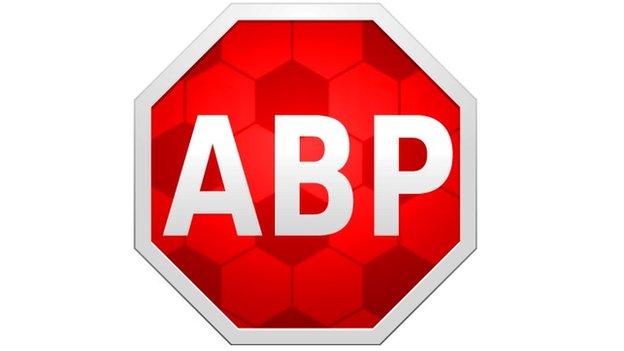
- Published22 April 2015

- Published21 May 2015
